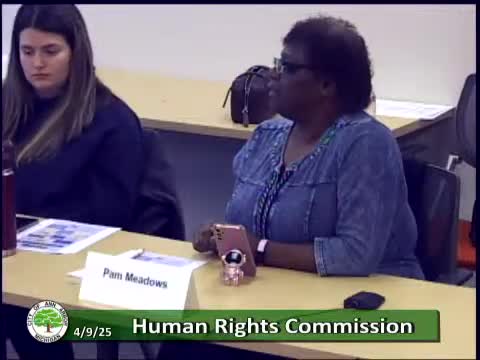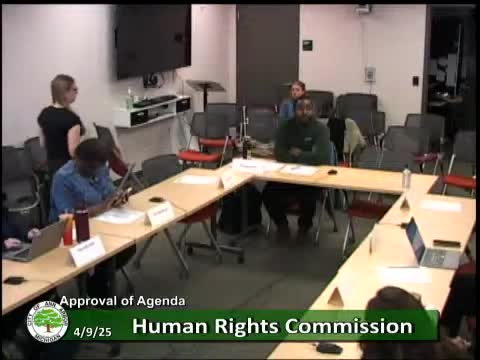Article not found
This article is no longer available. But don't worry—we've gathered other articles that discuss the same topic.

Human Rights Commission discusses outreach, website, and short-term allocations for food and crisis responses

University students tell Ann Arbor Human Rights Commission food insecurity rising in Washtenaw County as nonprofit funding falls

